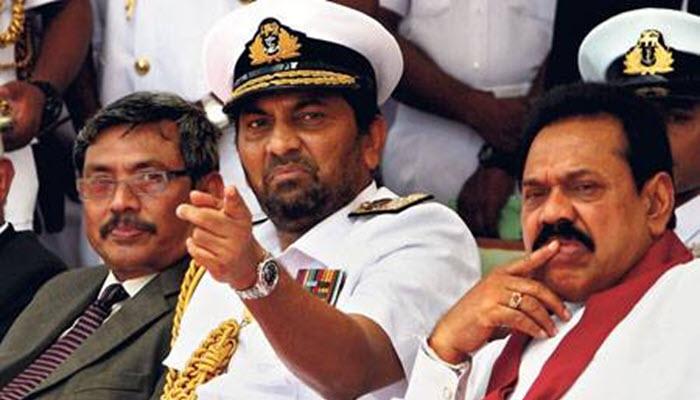Why Rajapakse’s case is different
“The Oxford Union has in the past faced criticism for inviting other controversial speakers also known for their racist views. However, President Rajapakse is in a different position from [far right leader] Nick Griffin or [Holocaust denier] David Irving.
“These previous speakers live in countries with a free and independent media and the rule of law. They could not therefore use the Oxford Union as a means of propagating unchallenged, noxious views or indeed as a platform for a campaign of concealment.



